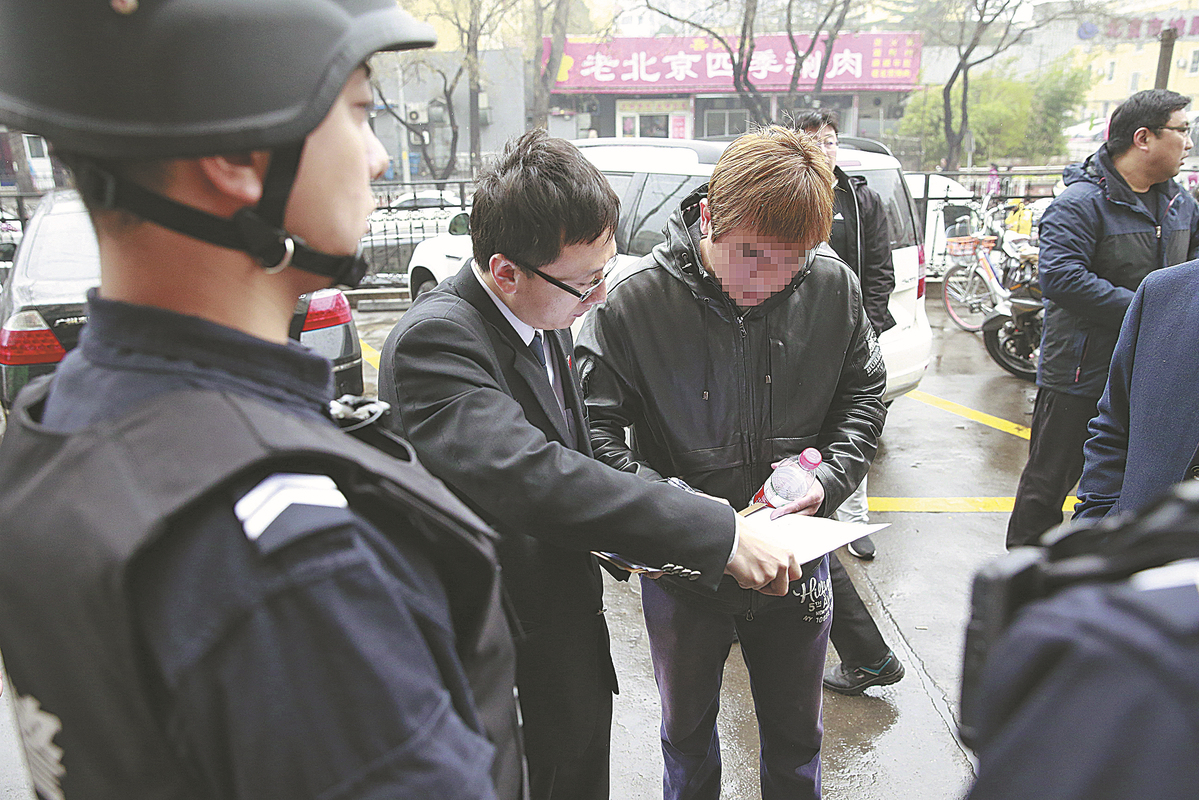Draft law targets defaulters


Those who refuse to comply with court orders to pay their debts may soon face much tougher measures. Cao Yin reports.
For a long time, many Chinese have faced the same dilemma: they have won lawsuits against defaulters, but are unable to get their money back, and even find it difficult to locate the guilty party.
Experts say that is mainly because the deterrents for convicted defaulters have not been strong enough, resulting in little pressure for them to comply with court rulings.
To alleviate the problem, the courts have taken various measures in recent years, such as blacklisting defaulters and placing restrictions on their daily lives, which have played a crucial role in prompting them to comply with verdicts and accelerating payment.
"But it's nowhere near enough to rely on us alone to force defaulters to obey verdicts as the information we have about these people, including their whereabouts and assets, as well as the punishments we can impose, is limited," said Wang Jinxin, a judge with the enforcement department at Beijing Haidian District People's Court.
"What we need most is a more powerful law to coordinate more efforts to increase the pressure on people who can afford to make court-ordered payments but refuse to do so, and also to regulate and supervise the behavior of each organization (such as government agencies, banks and financial institutions, which can help locate defaulters and their assets) involved in the whole process."
Wang's demands will soon be met. At the end of last month, China's first legislation on defaulters-a draft civil enforcement law consisting of 207 articles-was submitted to the Standing Committee of the National People's Congress, the top legislature, for a first review.
Usually, a draft becomes a law after being reviewed three times.
Yang Zhe, another judge with the Haidian court, highlighted the importance of making such a specialized law, "because the current rules in the Civil Procedure Law are too general and insufficient in practice", he said. "Establishing a multidepartmental long-term work mechanism through legislation will greatly improve the efficiency of verdict implementation and help build the social credit system."


















